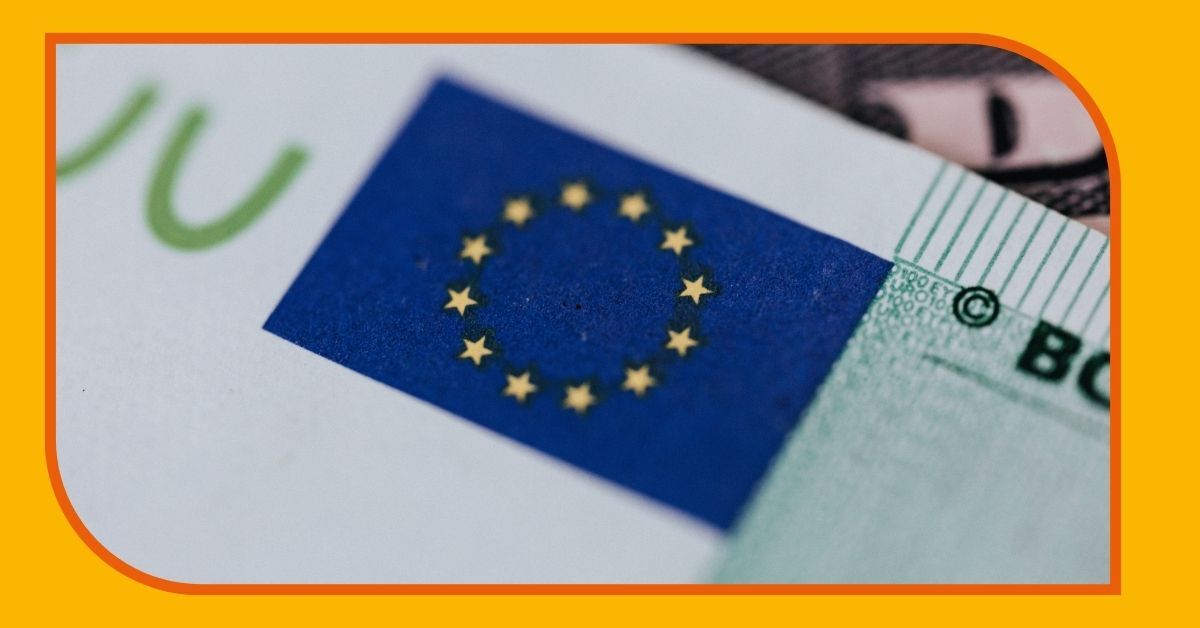Does 'where you come from' influence the way you work?
The Impact of Nationality on Work Culture and Professional Behavior.
At the heart of Beyondo is the recruitment of international talent. We serve as the bridge between intercultural candidates and companies entering the Swedish market. Additionally, we assist Swedish companies both domestically and abroad. While our target markets are diverse, the unifying theme is unmistakably 'international'. We're deeply interested in individual stories: Where are they from? Where have they lived and worked? How has international exposure molded them? What insights are gained from working across borders, cultures, and languages?
We're in conversation with Gwen Lafage, VP of Brand and Content at Sinch. Gwen's professional journey has taken her on a global odyssey. It was her work that initially brought her to Sweden and, subsequently, led her back to the US. Now, she continues her career in the US, but with a Swedish company at the helm.
professional journey has taken her on a global odyssey. It was her work that initially brought her to Sweden and, subsequently, led her back to the US. Now, she continues her career in the US, but with a Swedish company at the helm.
We're keen to delve into her experiences. How have her international transitions shaped her? What insights has she garnered along the way? Does nationality indeed play a role in molding one's work persona and methods?
Gwen Lafage, could you briefly share your story? Your origins, language proficiencies, and the countries where you've lived and worked?
I was born in the beautiful country of France, and my journey led me to work in various corners of the world. It all began when I followed my boyfriend (who is now my husband) to London early on in my career. I've been fortunate to work in international roles in four different countries: France, the UK, Sweden, and the US. My journey has taken me out of my home country for over 15 years, and these diverse experiences have influenced my outlook on work and life.
Could you please elaborate on how your nationality has shaped your personality and how it influences your work? Can you provide further insight into how your cultural references and differences are relevant in this context?
Our cultural background plays a significant role in shaping who we are, often without us even realizing it. It affects our views on various aspects of work, such as leadership, hierarchy, feedback, communication, decision-making, and how we handle disagreements. The values and beliefs instilled in us by the places we come from, whether it's a country, region, village, or family, deeply influence our behavior and interactions with others, even in a professional setting.
In today's global workplace, it's crucial to be culturally aware. Understanding these differences helps us navigate company cultures and collaborate effectively, particularly in a world that's increasingly embracing remote work. The more we appreciate and respect these cultural distinctions, the smoother our interactions become..png?width=1200&height=628&name=Websida%20med%20foton%201200px-628px%20(3).png)
What insights have you gained from your experience working with and leading teams from diverse nationalities?
- Managing multinational teams is not one-size-fits-all. Cultural backgrounds influence people’s perceptions and sensibilities and work styles. Understanding the differences in how people relate to leadership, autonomy, and decision-making is crucial.
- It's essential to be self-aware, acknowledge your own biases, and adapt your leadership style as needed. Striking a balance between authenticity and adaptability is key, allowing you to be yourself while acknowledging diverse perceptions. Thinking “this is the way I am - people have to deal with it” – it’s not the right approach. It’s always a two-way street!
- Diverse teams can be more challenging to manage but they are powerful drivers of innovation. The multitude of perspectives and experiences they bring can lead to more creative solutions and make work a lot more enjoyable. So much more fun - I personally would not have it any other way!
Do you have any recommendations on how individuals can further educate themselves on this subject?
Absolutely, I find this topic fascinating, and I highly recommend diving into the work of Erin Meyer. Her book, "The Culture Map," is a fantastic resource if you haven't had the chance to read it yet.
One key take-away from the book is the notion of “cultural relativity”. I love that idea - it means that no single culture's way of doing things is inherently superior to another's. There isn’t a better way, there are just different ways – and to me, the better way is when you combine those cultural differences and experiences to create a unique one for your team or company!
A few learnings and some tips you could share.
- Keep an open mind and remain aware of cultural differences.
- Make an effort to understand your colleagues' personalities and working styles.
- Be yourself but be ready to adjust your communication and behavior when needed. Remember, what's acceptable in one culture might be offensive in another.
- Above all, clear communication is the key to successful cross-cultural collaboration. It's the key to avoiding misunderstandings and fostering productive relationships. 🌟
Closing Thoughts
In conclusion, embracing cultural diversity in the workplace is crucial for success. As a leader, it is important to possess the ability to understand and adapt to different cultures, fostering effective communication and empathy. Multicultural teams have proven to be the best teams, as they bring together a multitude of perspectives and experiences, leading to innovative solutions and a more enjoyable work environment. Remember, cultural differences should be respected and appreciated, as they contribute to the unique dynamics of each team or company. So, let's continue to celebrate and learn from the richness that international talent brings to the world of work.
Gwen: "Multicultural teams are the best teams!"
It is essential for a leader to have ‘cultural competence’ – and the ability to understand the differences, adapt to them and communicate effectively in all situations, and with everyone. This can be difficult. The best leaders are inclusive, they care about their team and know how to foster an environment of empathy and understanding.
Thank you Gwen!
.png)

